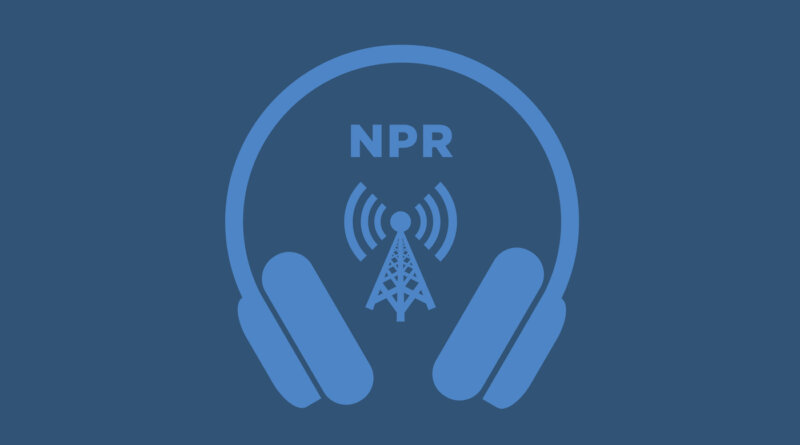Killer whale moms are supporting their adult sons — and it’s costing them : NPR
Killer whale moms spend a lot of energy and resources on their adult sons. Research shows that could impact their reproductive success long-term.
ARI SHAPIRO, HOST:
It takes a lot of effort to raise a kid, especially, turns out, if you’re a killer whale mom raising a son. NPR science reporter Ari Daniel explains.
ARI DANIEL, BYLINE: Twenty years ago, in the waters off the coast of Washington state and British Columbia, an adult female orca, dubbed K16 by those who know her well, gave birth to a son, K35.
MICHAEL WEISS: These two have an extremely close social relationship. It’s hard for me to think of a time where I didn’t see them at least in the same group, if not immediately right next to each other.
DANIEL: Michael Weiss is the research director at the Center for Whale Research in Friday Harbor, Wash.
WEISS: They spend a lot of time right together, touching and floating at the surface and sharing salmon.
DANIEL: Male orcas are massive, and so are their appetites. They’re also less maneuverable, which may make it harder for them to catch prey. All this means that a male like K35 needs help getting enough food, so his mom will often dive down…
WEISS: And catch a salmon and bring it up to the surface and actually bite half of the fish off and leave that half for her son. So she’s sharing a huge amount of food.
DANIEL: And here’s the striking thing – since K35 was born two decades ago, his mom’s never had another calf. Contrast that with other females.
WEISS: Some whales started reproducing at the same age around the same time, and they had daughters, and they’ve produced three or four offspring.
DANIEL: It’s not just K16. In a paper in the journal Current Biology, Weiss and his colleagues looked back across four decades of life history records of southern resident killer whales in the Pacific Northwest. The trend was clear.
WEISS: Killer whale mothers pay a really huge cost to take care of their sons.
DANIEL: The cost being that they have fewer offspring.
WEISS: And that they do this throughout their son’s life and never really stop paying that cost to keep their sons alive.
DANIEL: In fact, when a mom dies, her son usually perishes.
WEISS: We think that is largely because they’re seeing a huge reduction in the amount of food they get.
DANIEL: Weiss can’t think of another animal that does this when it has the option of reproducing multiple times. So why would these orca moms sacrifice so much for their sons? Weiss argues the potential payoff is huge.
WEISS: K35 is now one of our biggest males in the population. He’s grown big and healthy and looks good.
DANIEL: Which means he’s ready to become a father.
WEISS: Honestly, I wouldn’t be surprised if some of the next few calves that get popped out in the population are his.
DANIEL: So his mom becomes a grandmother multiple times over. Her genes end up in a bunch of calves. And because they’ll be born into other pods, she doesn’t have to spend any effort raising them.
EVE JOURDAIN: I mean, it’s amazing piece of work.
DANIEL: Eve Jourdain directs the Norwegian Orca Survey and wasn’t involved in the research. She imagines similar studies being conducted elsewhere.
JOURDAIN: There could be direct comparisons possible across populations.
DANIEL: Which could help with conservation efforts around the world. Now, this strategy of moms investing so much in their sons, it has a dark side. You see, the southern resident killer whales, like K16 and K35, they’re in trouble. In recent years, the population has cratered to just 73 animals. And what these orcas really need right now, says Weiss, is more reproductive females.
WEISS: That’s how you keep a population of slow-breeding animals going. So investing in sons for a population like ours that is so stressed is really not ideal.
DANIEL: Weiss worries that this maternal strategy, which served the population so well in the past, could raise their risk of extinction, which could mean that the kind of lifelong bonds he’s seen between K16 and her son may expire soon. For NPR News, I’m Ari Daniel.
Copyright © 2023 NPR. All rights reserved. Visit our website terms of use and permissions pages at www.npr.org for further information.
NPR transcripts are created on a rush deadline by an NPR contractor. This text may not be in its final form and may be updated or revised in the future. Accuracy and availability may vary. The authoritative record of NPR’s programming is the audio record.



